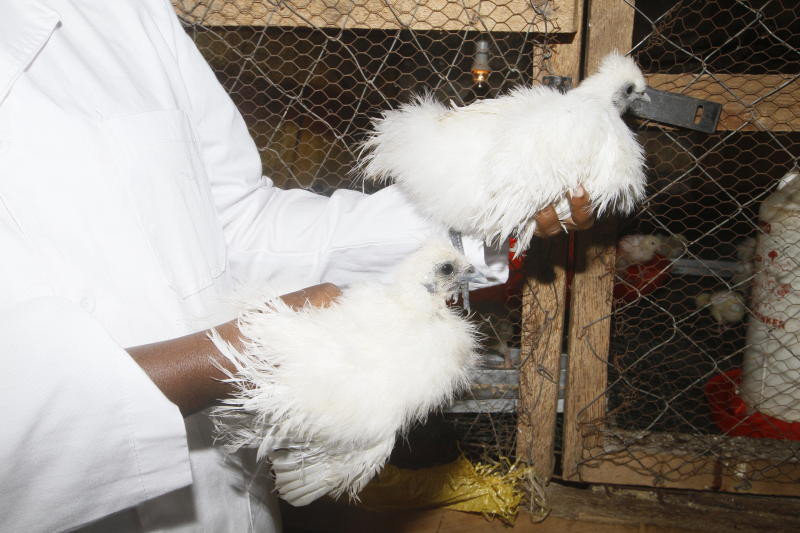×
The Standard e-Paper
Home To Bold Columnists

Four years ago, Fina Wausi was returning home from work when her bodaboda rider said something that caught her attention.
While running an errand at a neighbour’s home, the rider had seen ‘strange birds’ roaming in the compound.